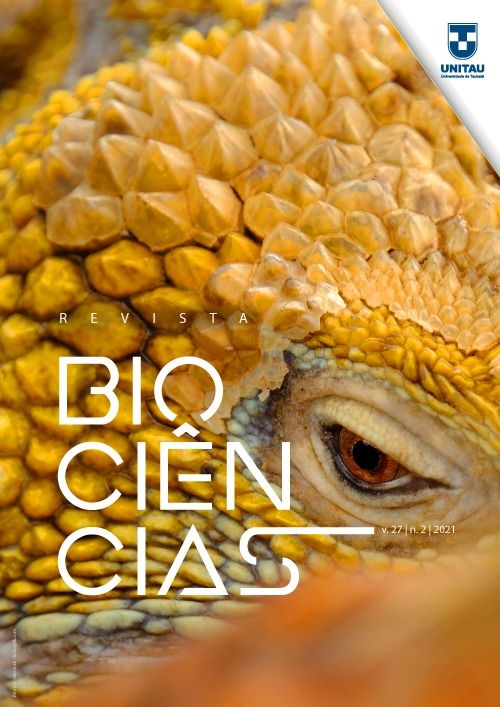Climatic changes effect on the threatened Muriquis (genus Brachyteles Spix, 1823) from the Atlantic Forest of South America
Keywords:
biodiversity hotspots, Brachyteles, conservation, global warming, ecological niche models.Abstract
The genus Brachyteles is composed by two species of the largest monkeys from South America, Brachyteles hypoxanthus and B. arachnoides, respectively, the northern muriqui and southern muriqui. Both species are endemic to the Atlantic Forest ecosystem and are critically endangered according to the red list of the International Union for Conservation of Nature (IUCN). Muriquis are important seed dispersers and, consequently, affect the conservation of several plants and animal species. Ecological niche models (ENMs) were implemented to assess the effect of global warming on potential distribution of muriquis in one of the most important biodiversity hotspots of the world. The models estimated between 24% and 27.2% of habitat loss for B. hypoxanthus, and 37.2% for B. arachnoides due to climatic changes until 2050. Thus, global warming can be an additional factor promoting reduction of potential distribution and increasing the effect of biogeographical barriers for Brachyteles species.Downloads
Download data is not yet available.
Metrics
Metrics Loading ...
Downloads
Published
2022-09-26
How to Cite
Portillo, J. T. da M. (2022). Climatic changes effect on the threatened Muriquis (genus Brachyteles Spix, 1823) from the Atlantic Forest of South America. Journal of Biosciences, 27(2), 57–66. Retrieved from https://periodicos.unitau.br/biociencias/article/view/3414
Issue
Section
Ciências da Natureza






